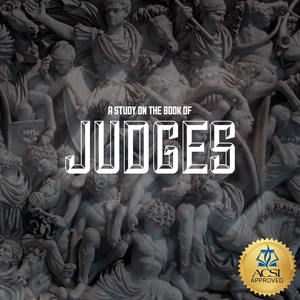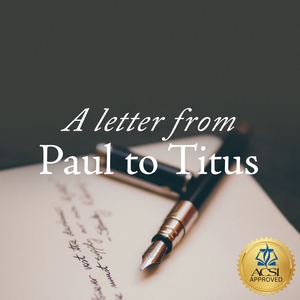As our Lord says, "...take no vows at all ..." why is it that pastors, priests and missionaries take oaths? Is this tradition biblically justified?
The topic of taking vows in Christian contexts, such as pastors, priests and missionaries taking vows, can be understood from many aspects, including scriptural interpretation, historical context, and church tradition.
First, let us look at the specific scriptures in the Bible that you have quoted:
James 5:12 But above all, my brothers and sisters, do not swear, either by heaven or by earth or with any other oath; but your yes is to be yes, and your no, no, so that you do not fall under judgment.
Matt. 5:33 “Again, you have heard that the ancients were told, ‘You shall not make false vows, but shall fulfill your vows to the Lord.’
Matt. 5:34 But I say to you, take no oath at all, neither by heaven, for it is the throne of God,
Matt. 5:35 nor by the earth, for it is the footstool of His feet, nor by Jerusalem, for it is the city of the great King.
Matt. 5:36 Nor shall you take an oath by your head, for you cannot make a single hair white or black.
Matt. 5:37 But make sure your statement is, ‘Yes, yes’ or ‘No, no’; anything beyond these is of evil origin.
If we keep in context the writing of James and Matthew we will see that the interpretation for both is primarily warning against frivolous or deceitful oaths, rather than solemn vows of commitment to God and the body, which is widely accepted among many Christian denominations. The vows taken by those taking a leadership role within the church body are generally considered to be in line with biblical principles when understood in this context.
The intent of vows taken by pastors and others in the church are intended to be perceived as affirmations of their dedication and integrity in their service to God, aligning with the biblical call to live faithfully and truthfully.
Furthermore, when those in the body of Christ take vows it serves as a way to hold accountable these men and women to their congregations, again ensuring they adhere to the biblical principles and responsibilities of their ministry, which we find in the books of Titus and 1 Timothy.
Historically, early Christian communities were advised to avoid oaths to ensure that their word was always trustworthy, negating the need for additional affirmations. James specifically goes through a long soliloquy noting how important our speech is from the words we teach, to the vows we make. James' intent is not to preclude making a commitment by way of a vow or promise, but rather to dismiss all folly or petty speech from one's mouth.
As we look through the Bible this is a common theme throughout the scriptures of those taking on this role in the church:
Acts 14:23 When they had appointed elders for them in every church, having prayed with fasting, they entrusted them to the Lord in whom they had believed.
1 Sam. 1:11 And she made a vow and said, “Lord of armies, if You will indeed look on the affliction of Your bond-servant and remember me, and not forget Your bond-servant, but will give Your bond-servant a son, then I will give him to the Lord all the days of his life, and a razor shall never come on his head.”
Traditionally speaking, vows are seen as formalizing a commitment to a higher calling and are undertaken after careful consideration and preparation. They are less about making a binding oath and more about a public declaration of intent to serve God Almighty with every inch of one's being and dedication to live according to God's word.
Moreover, we think you may find our James teaching to be helpful.
Scripture quotations taken from the (NASB®) New American Standard Bible®, Copyright © 1995, 2020 by The Lockman Foundation. Used by permission. All rights reserved. www.lockman.org








